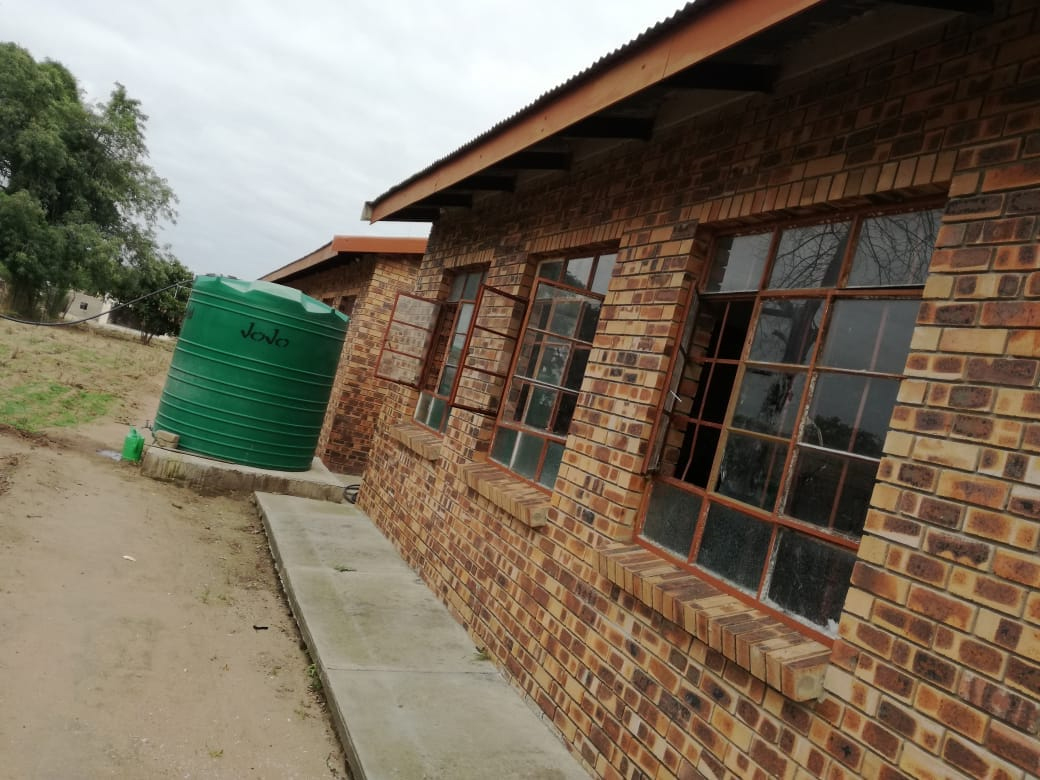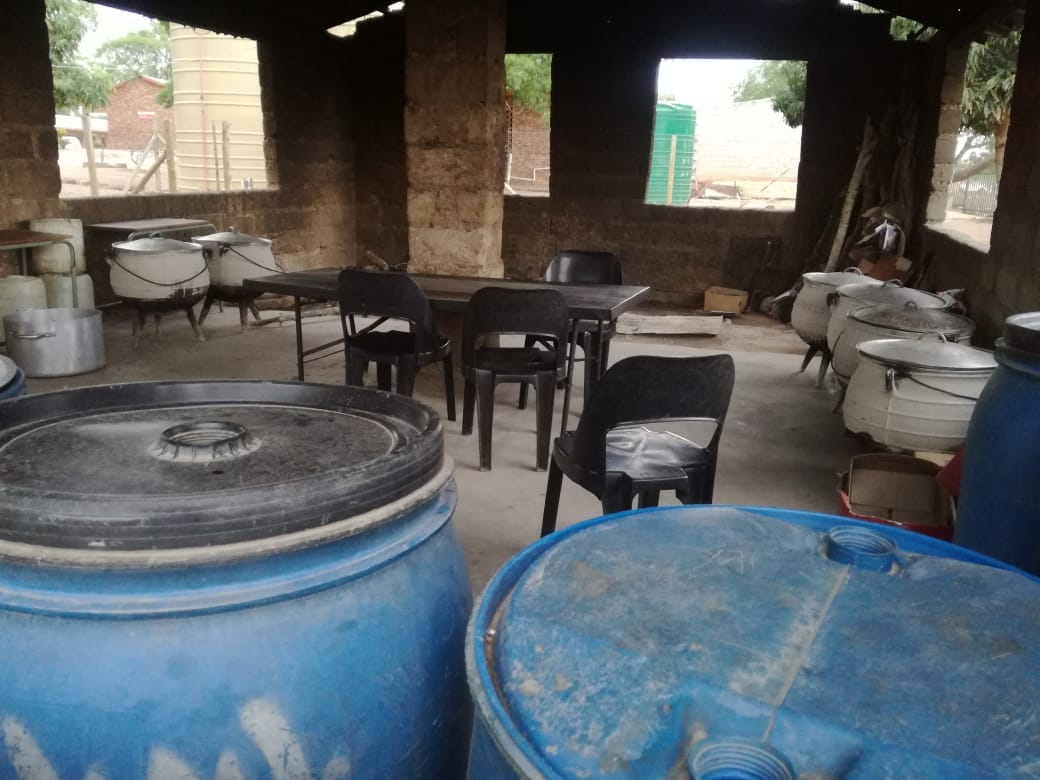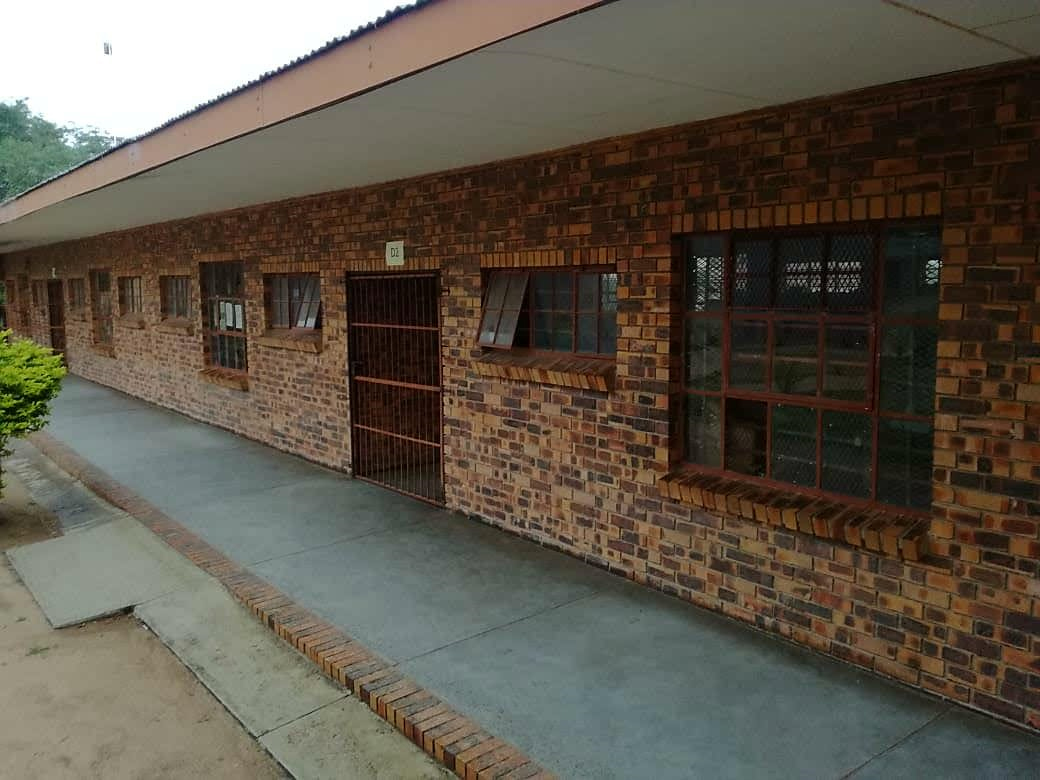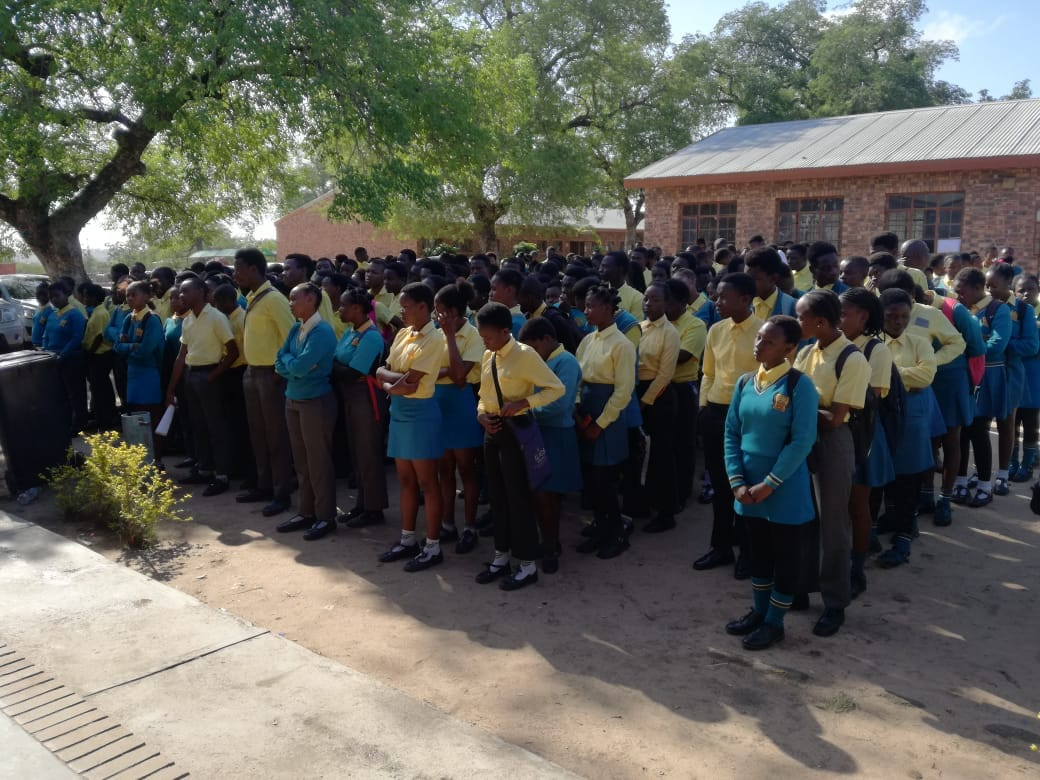Bunny Khosa High School
Thank you for joining the A Drop in the Bucket program! Here you will find background information on the school for which you will be fund-raising. Bunny Khosa High School has 724 learners ranging from grades 8-12, 131 of whom are orphans. The school is located in Tulamahasche in Mpumalanga, a largely underprivileged area greatly affected by poverty and disease. The learners and staff at the school lack access to reliable water for drinking, cooking, and hygiene. Your donations will be applied towards these needs, and will help make this a more vibrant learning center. Imagine for a moment, attending a school at which you can’t easily get a drink of water at the fountain, or that doesn’t have a modern kitchen or proper toilets! The learners at Bunny Khosa are excited to know that their counterparts in the United States are interested in helping bring water to their school.
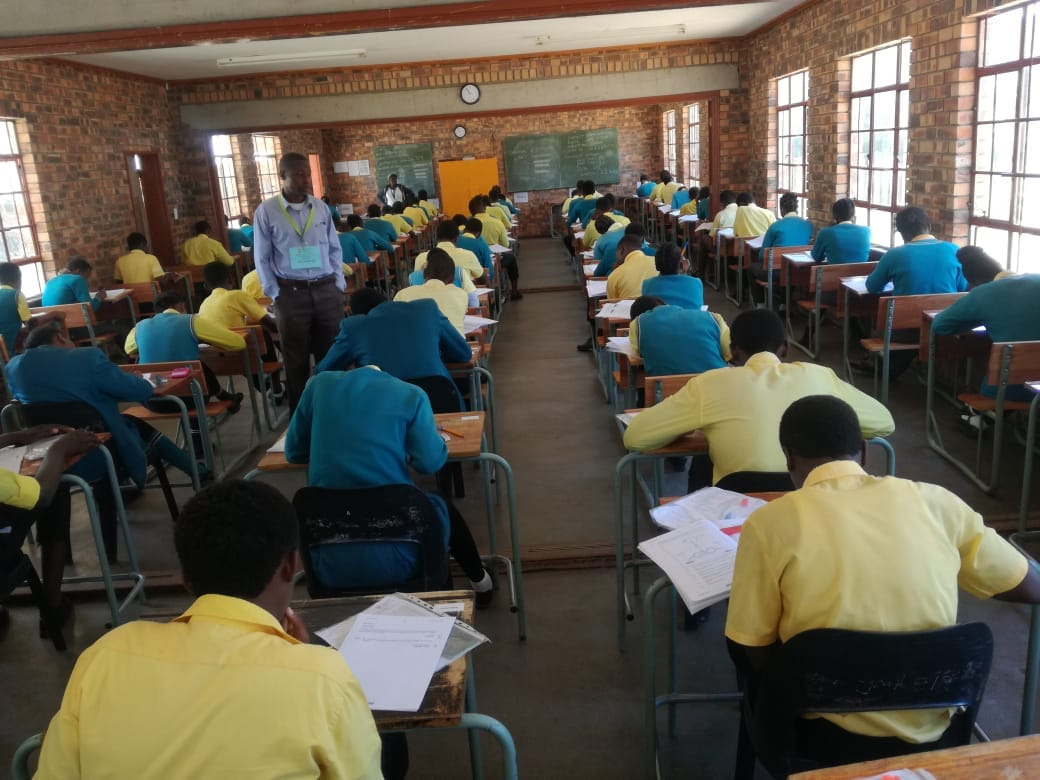
BACKGROUND
The school has a total of 724 learners ranging from grades 8-12.
Bunny Khosa High is located in Tulamahasche, Mpumalanga, a largely underprivileged area greatly affected by poverty and disease.
There are currently 131 students who are orphans.
They currently rely on two donated jo-jo tanks for water.
CHALLENGES
While attempts to provide the school with water have been made in the past, the efforts were ultimately unsuccessful, as the boreholes were not drilled in an area where there was a stable water supply.
The scarcity of water dampens the enthusiasm of the school’s gardener, who hopes to expand their very small garden once a reliable water source is secured.
They lack adequate water for proper hygiene.
SOLUTIONS
Ensure the school garden thrives and provides fresh vegetables for the learners through the National School Nutrition Programme by drilling a borehole in an area where there is a stable water supply and installing the necessary infrastructure, plumbing, and irrigation.
Provide the kitchen with the means to better cater to the needs of the students and meet the demands of the programme.
Educate the staff and students on permaculture methods to ensure a sustainable and thriving garden.
Reduce health hazards to allow students to focus on their studies and school activities.
